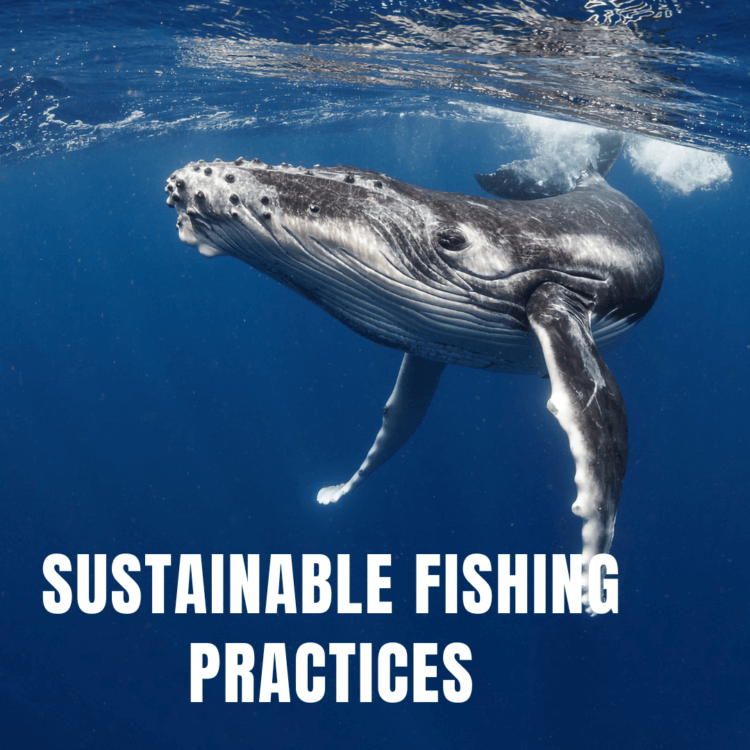Our oceans, covering more than 70% of the Earth’s surface, are a vital source of biodiversity, providing sustenance for countless species and supporting the livelihoods of millions of people. However, the alarming decline in fish stocks due to overfishing and destructive fishing practices has raised concerns about the sustainability of our oceans. To address these issues, it is imperative to adopt sustainable fishing practices that strike a balance between meeting the demand for seafood and preserving the delicate marine ecosystems.
The Importance of Sustainable Fishing:
Sustainable fishing involves harvesting fish in a way that ensures the long-term health and stability of the fish populations and the marine environment. This approach considers the ecological, social, and economic dimensions of fishing, aiming to prevent overfishing, protect marine habitats, and support the well-being of coastal communities that depend on fishing for their livelihoods.
Key Principles of Sustainable Fishing:
1. Fisheries Management:
Implementing science-based fisheries management is crucial for ensuring the sustainability of fish populations. This involves setting catch limits based on thorough research and monitoring the health of fish stocks regularly.
2. Reducing Bycatch:
Bycatch, the unintentional capture of non-target species, is a major issue in many fishing operations. Sustainable practices focus on minimizing bycatch through the use of selective fishing gear and techniques.
3. Protecting Habitat:
Preserving and restoring critical marine habitats, such as coral reefs, seagrasses, and mangroves, is essential. Destructive practices like bottom trawling can cause irreparable damage to these ecosystems, so alternatives like using traps or lines are encouraged.
4. Adopting Technology:
Embracing innovative technologies like GPS tracking, fish aggregating device (FAD) monitoring, and blockchain can enhance traceability in the seafood supply chain. This ensures that fish are caught legally and responsibly.
5. Community Engagement:
Involving local communities in decision-making processes fosters a sense of ownership and responsibility. Implementing co-management systems empowers communities to actively participate in sustainable fishing practices.
Success Stories in Sustainable Fishing:
1. New Zealand's Quota Management System:
New Zealand’s Quota Management System allocates fishing quotas based on scientific assessments of fish stocks. This has led to the recovery of several species, demonstrating the effectiveness of science-driven management.
2. Alaska's Sustainable Salmon Fisheries:
Alaska’s salmon fisheries are a model for sustainable practices. Strict regulations, habitat protection, and community involvement have contributed to the maintenance of healthy salmon populations.
Challenges and Future Perspectives:
While progress has been made in promoting sustainable fishing practices, challenges remain. Illegal, unreported, and unregulated (IUU) fishing, climate change, and the lack of effective enforcement mechanisms continue to threaten the health of our oceans.
Moving forward, a combination of international cooperation, technological innovation, and consumer awareness is essential for creating a future where sustainable fishing practices are the norm. Consumers can play a pivotal role by making informed choices, supporting eco-certified seafood, and advocating for responsible fishing policies.
Conclusion:
Sustainable fishing practices are not merely an environmental necessity but a social and economic imperative. By embracing a holistic approach that considers the well-being of marine ecosystems, the livelihoods of fishing communities, and the long-term availability of seafood, we can contribute to the preservation of our oceans for generations to come. The choices we make today will shape the future of our oceans, and it is our responsibility to ensure that they remain a thriving and resilient ecosystem.










No Comments
Leave Comment